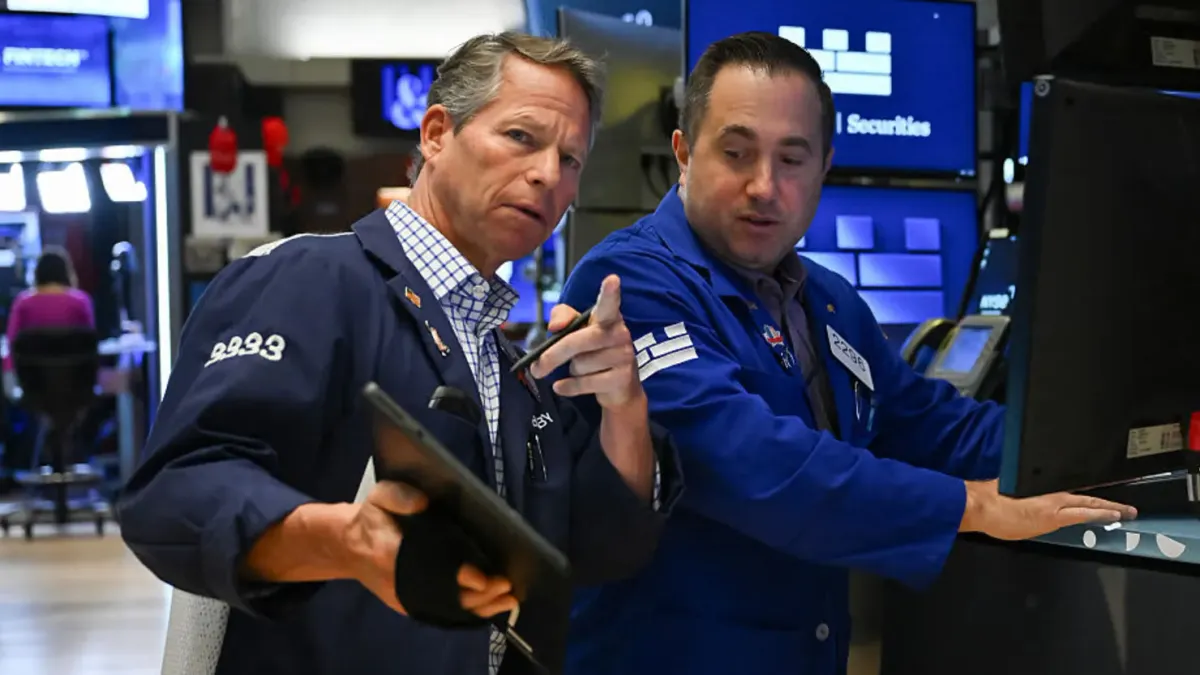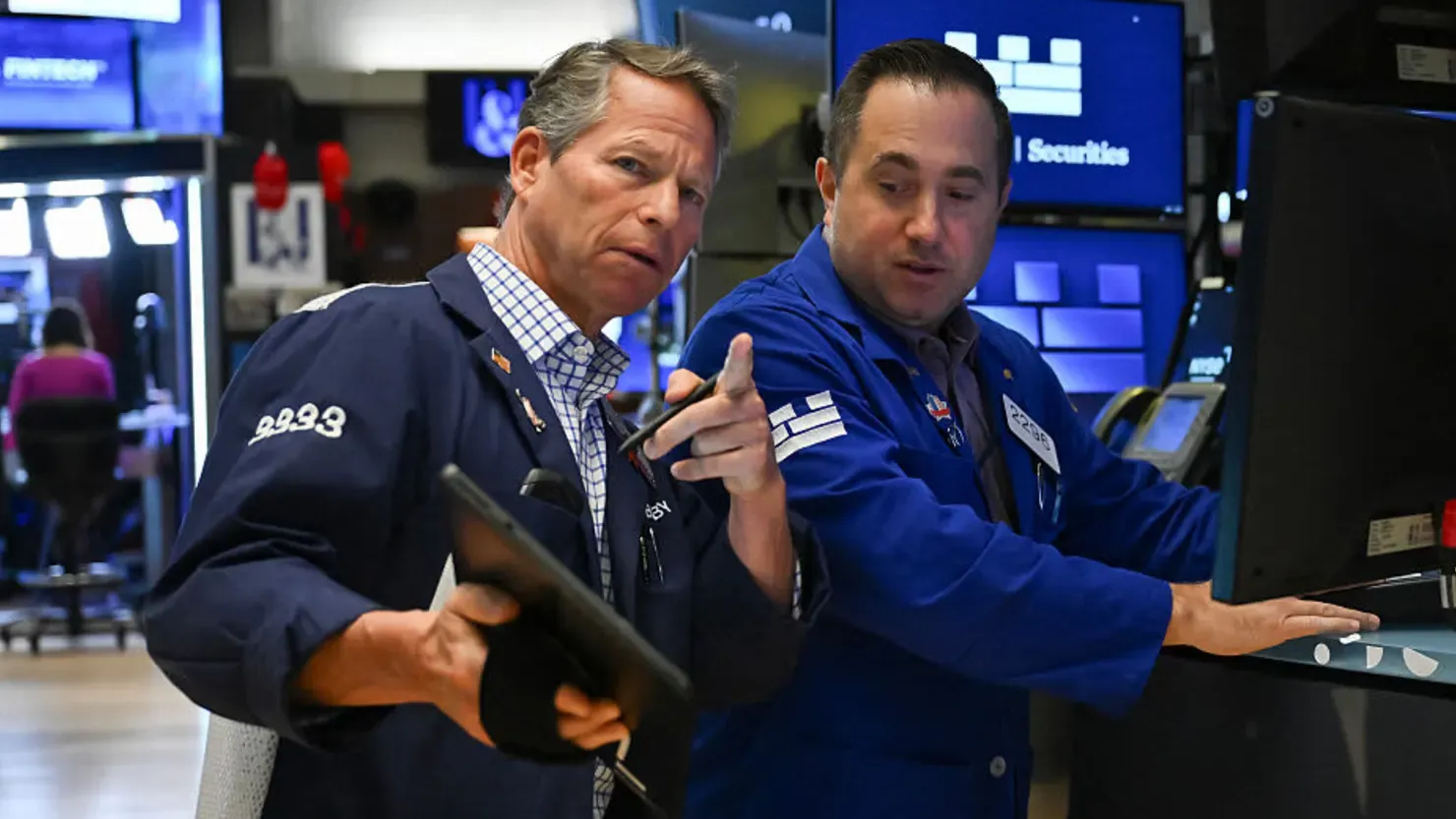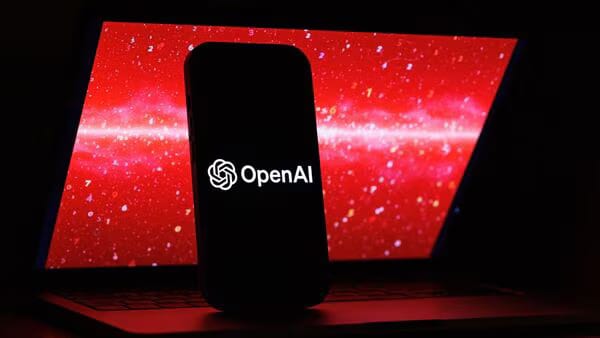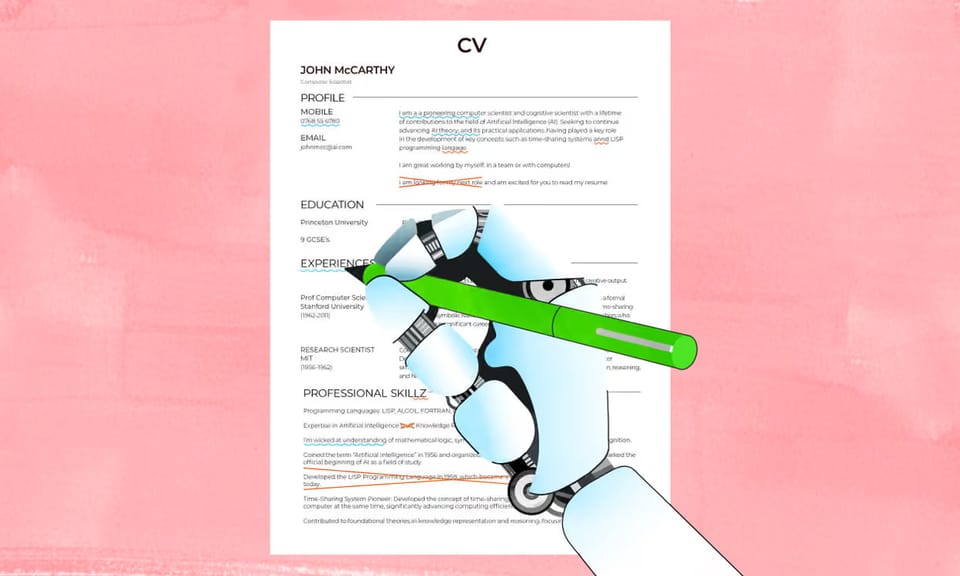Are Markets Betting Too Soon on Peace in the Middle East?


This week’s stories hit health, money, and the road:
- A rare cancer is quietly rising in Millennials.
- Markets are bouncing back as Middle East tensions cool.
- And AI cars are rolling out fast, will your next road trip even need a driver?
Let’s get into it.
Health
Could That Stomach Pain Be a Hidden Cancer?
Briefing: A new study in the Annals of Internal Medicine; a leading journal where doctors publish new research shows a surprising rise in a rare appendix cancer called appendiceal adenocarcinoma among Millennials and Gen X born after 1945. This cancer starts in the appendix; a small pouch near the large intestine; and is hard to catch early because symptoms like belly pain and bloating can look like common stomach issues.
Details: Researchers reviewed nearly 4,900 U.S. cases from 1975 to 2019, organizing patients by five‑year birth cohorts. Compared to people born around 1945, those born in 1980 had over three times the risk, and those born in 1985 had about four times the risk. Appendix cancer often shows vague signs like belly pain, bloating, or bowel changes, making it hard to catch early. Scientists think the spike may be tied to post‑WWII shifts: diet changes, gut bacteria, and more inflammation in the digestive system.
Why It Matters: This unexpected rise in a rare cancer among younger adults suggests broader health trends affecting Millennials and Gen X. Since early detection is hard, researchers want more studies, especially genetic ones, and say doctors should rethink screening and find better early detection methods (Independent)
Can AI help catch appendix cancer early? And how close is AI to real-world use for these cancers? One study used a LightGBM model with Shapley-based explainability to predict appendix cancer risk with ~90% accuracy from routine lab data. In real-world practice, tools like GI Genius for colon polyps and Harvard’s CHIEF (Clinical Histopathology Imaging Evaluation Foundation) model, for multi-cancer detection, including GI cancers, are already in use. CHIEF achieved ~94% accuracy. Appendix cancer models show promise but need more clinical validation. (Pudmed)
Finance
Are Markets Betting Too Soon on Peace in the Middle East?

Briefing: U.S. stock markets had a solid bounce back on Monday after a tough week. The S&P 500, Dow Jones, and Nasdaq all went up by around 1%. This came after tensions in the Middle East especially between Israel and Iran started to cool down, making investors feel more confident again.
Details: The S&P 500 is a list of 500 of the biggest companies in the U.S., including giants like Apple, Amazon, and Coca-Cola. It gives a broad view of how the overall stock market is doing and is often used to measure the health of the U.S. economy.
The Dow Jones Industrial Average, or the Dow, tracks 30 large and well-known U.S. companies like McDonald’s and Microsoft. It’s one of the oldest and most famous market indicators and gives insight into how big, established companies are performing.
The Nasdaq is more focused on tech and innovation. It includes major technology and biotech companies such as Tesla, Google (Alphabet), and Nvidia. This index is often the first to rise or fall based on trends in the tech world.
On Monday, all three indexes made strong gains:
- The S&P 500 rose by 1.06%.
- The Dow increased by 1.04%.
- The Nasdaq jumped 1.35%.
These gains came after Iran signaled it might be willing to reduce tensions with Israel. That calmed investors who were worried about a larger conflict in the Middle East. When fears of war go down, markets usually recover.
Oil prices, which had shot up because of the conflict, dropped more than 3%. U.S. crude oil fell to around $69.79 a barrel, and Brent oil used around the world fell to about $71.66. That’s good news for businesses and consumers, because cheaper oil means lower fuel and shipping costs.
Gold prices also went down. That usually happens when investors are feeling less fearful and are willing to take more risks. Big tech companies like Apple and Nvidia helped lead the market recovery, and bank stocks also did well.
Why It Matters: This bounce shows that markets are super sensitive to world events especially when it comes to oil and global conflicts. As things cool off overseas, investors are now turning their attention to the Federal Reserve meeting happening this Wednesday. The Fed is expected to keep interest rates the same, but everyone will be listening closely to what Chair Jerome Powell says about the economy and whether rate cuts might happen later this year. What he says could shape where the markets go next. (CNBC)
How does AI help during global conflicts? And can AI guess what the Fed will do next? Tools like Dataminr and Kensho track real-time news and social media to spot early signs of trouble and help investors react quickly. AI models like BloombergGPT also study Fed speeches and data to predict interest rate moves. While not perfect, AI helps speed up smart decisions in fast-changing markets. (BLOOMBERG)
Travel & Transportation
Is Your Next Road Trip Going to Be in a Car That Drives You?
Briefing: : AI-powered cars are taking over U.S. roads and changing how we travel. From hands-free driving to smarter, more personalized road trips, the future of hitting the highway is here.
Details: AI-powered cars are changing how Americans take road trips. Instead of focusing on traffic or maps, drivers can relax as AI navigates the best routes and suggests scenic stops along the way. Major companies like Tesla, Waymo, Zoox, and Cruise are leading the charge with self-driving tech, while rental firms like Hertz and Enterprise are adding driverless cars to their fleets in cities like Phoenix. States are also building smart highways with 5G and sensors to help these cars operate more safely.
AI can personalize the journey to learning your music taste, recommending roadside attractions, booking restaurants, and even adjusting the car’s settings based on your mood. Plus, this technology opens up road-tripping to people who couldn’t easily do it before, like seniors and those with disabilities.
Why It Matters: AI-powered cars could make road trips safer, easier, and more accessible. With AI handling the driving, travelers can relax, enjoy the ride, and explore new places without the stress of navigating traffic. This could help reduce accidents caused by human error and boost local tourism, especially as more international visitors and people with disabilities take advantage of self-driving options. In the bigger picture, this trend is shaping the future of travel blending smarter cars, digital experiences, and connected roadways to transform how people explore the U.S. (TTW)
Are AI-driven cars truly safer? And will they reduce traffic and emissions or make them worse? Early data suggests that Waymo reports up to 92% fewer pedestrian crashes than human drivers. But the environmental impact is mixed. (waymo)
*Disclaimer: The content in this newsletter is for informational purposes only. We do not provide medical, legal, investment, or professional advice. While we do our best to ensure accuracy, some details may evolve over time or be based on third-party sources. Always do your own research and consult professionals before making decisions based on what you read here.




